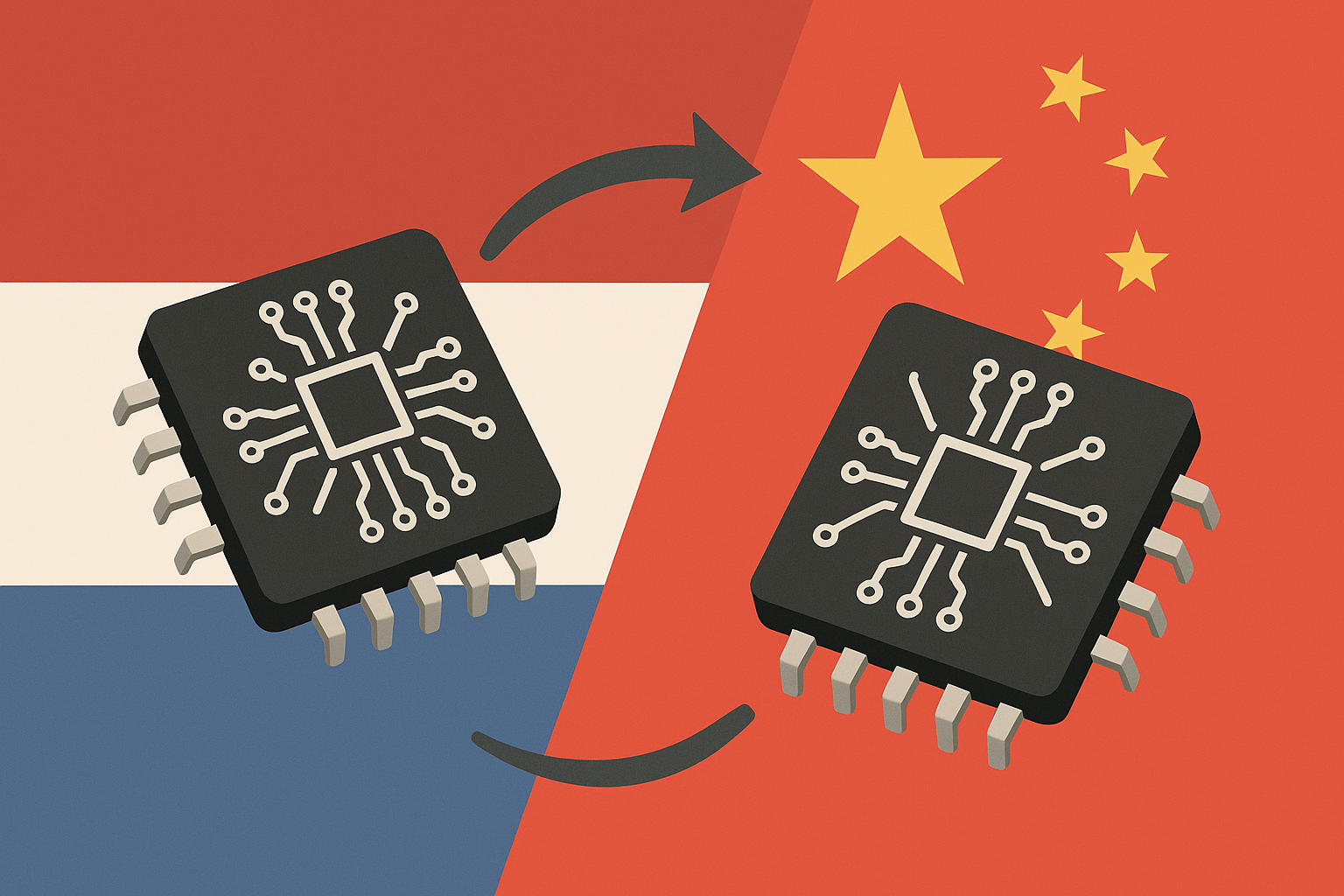In light of recent developments, I consider it the right moment to take a constructive step by suspending my order under the Goods Availability Act regarding Nexperia, in close consultation with our European and international partners. Full statement ⤵️ government.nl/documents/dipl…
Netherlands eases China tensions as Nexperia chip controls are rolled back

The Netherlands has stepped back from its emergency controls over chipmaker Nexperia, easing tensions with China and calming pressure on global supply chains that were beginning to spill into the automotive industry.
The move follows renewed diplomatic engagement between Chinese, Dutch, German, EU, and US officials, who worked to resolve a standoff that had cast a spotlight on the fragility of semiconductor flows.
Although Nexperia does not make cutting-edge chips, its components power essential functions in vehicles around the world.
Dutch powers withdrawn
The Dutch government withdrew its temporary powers after receiving confirmation that chip deliveries from Nexperia’s facility in China could resume without disruption.
These powers had been activated in late September under a Cold War-era law that allowed the government to block or amend decisions inside companies deemed sensitive to national security.
Economic Affairs Minister Vincent Karremans announced the rollback in a post on X and positioned the step as a show of goodwill following renewed cooperation with Beijing.
Restrictions hit global automakers
The dispute began after the Netherlands tightened its oversight on Nexperia, which is owned by Wingtech Technology of China.
In response, the Chinese government imposed export restrictions on components from Nexperia’s plant in Guangdong.
The facility assembles chips using wafers produced in Europe, making it a crucial link between European manufacturing and the Asian processing stage.
Its sudden restrictions created shortages that spread quickly into the auto sector.
Automakers, including Honda and Volkswagen, were among those who faced delays as supplies tightened.
Their reliance on Nexperia’s basic semiconductors meant the restrictions caused production schedules to shift.
The episode underscored how car manufacturers, already strained by previous shortages, remain vulnerable to interruptions in parts of the chip ecosystem that often receive less attention than advanced processors used in computers or smartphones.
Breakthrough in talks
A breakthrough came earlier this month when officials from China and the Netherlands re-engaged in technical discussions with support from Germany, the EU, and the US.
These talks helped establish a pathway for Beijing to relax its export restrictions from the Guangdong facility, which is considered the largest of its type in the global semiconductor industry.
The Dutch government signalled that it was prepared to remove its emergency powers once deliveries from the Chinese plant could be confirmed and stabilised.
Delegation visit to Beijing
To settle the remaining issues, the Dutch economic affairs ministry sent a delegation to Beijing.
The ministry described the visit as part of efforts to secure a mutually acceptable resolution that would allow the semiconductor flow to return to normal.
After several rounds of engagement in Beijing, Chinese officials agreed to loosen the restrictions placed on Nexperia’s plant.
Once those assurances were in place, the Netherlands moved ahead with suspending its powers over Nexperia.
The decision restores control of the company to its Chinese owner and reduces the immediate risk of further disruption.
While the case has eased, it highlights how global semiconductor production depends on coordination between governments as much as on factories and supply chains.
With the rollback complete, supply chains are expected to stabilise, and Nexperia’s international operations can return to normal.
The focus will likely shift toward preventing similar disputes from causing further disturbances across industries that depend on the reliable movement of essential chips.
The post Netherlands eases China tensions as Nexperia chip controls are rolled back appeared first on Invezz



